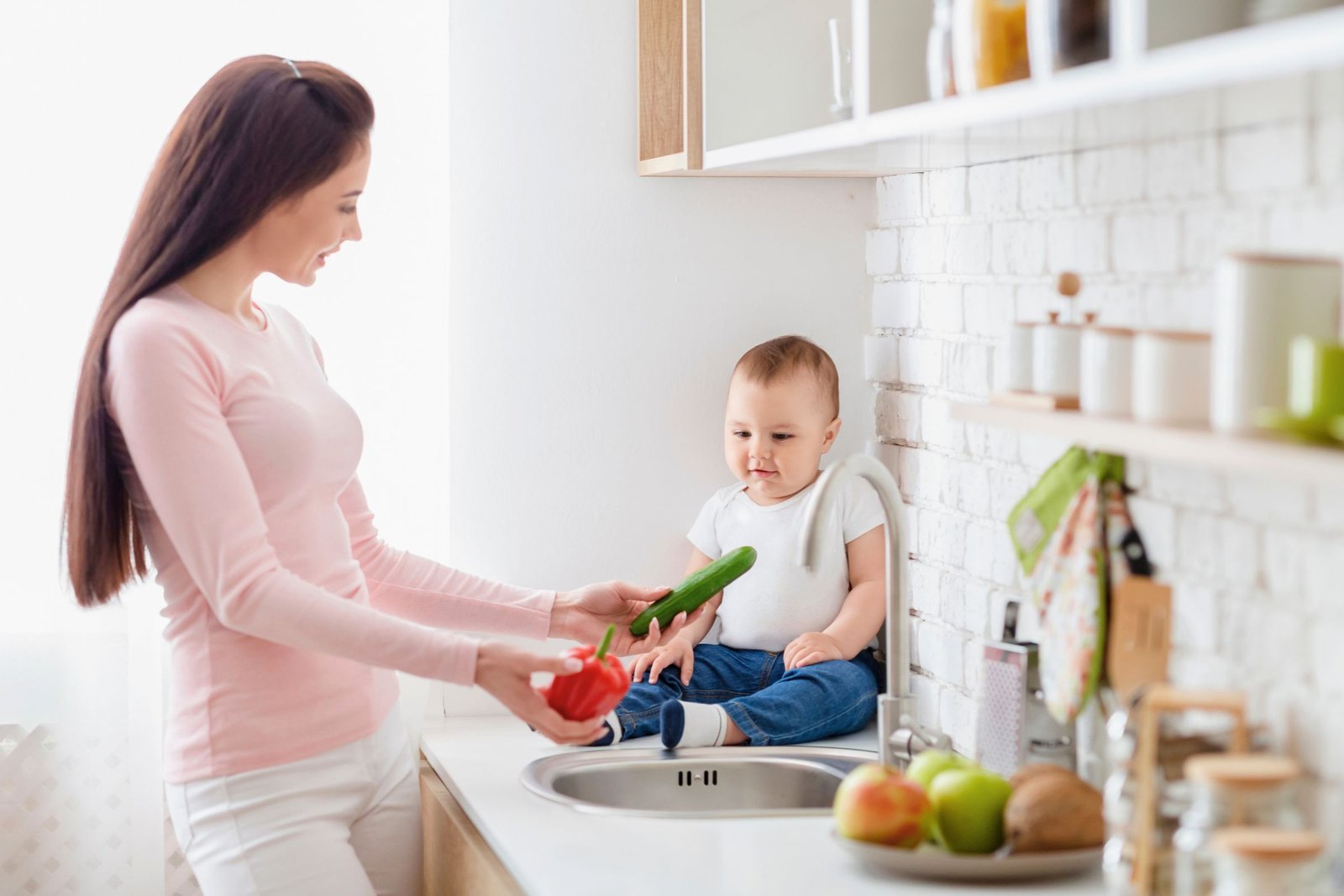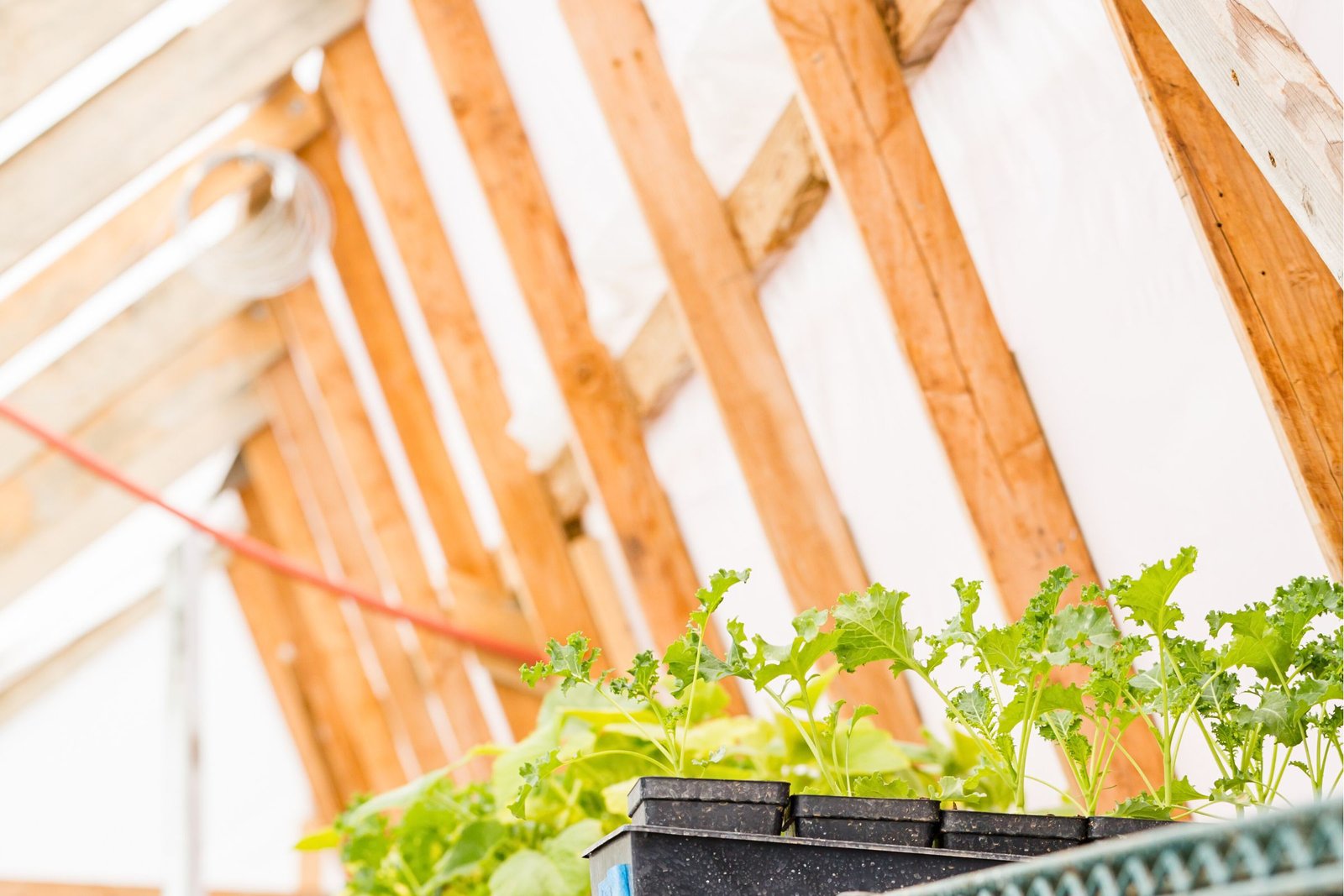Involve Them in the Process: Cultivating a Sense of Ownership and Curiosity

Toddlers are naturally curious and crave a sense of independence. When faced with the challenge of a child refusing to eat from the spoon, involving them in the meal preparation process can be a game-changer. This not only empowers them but also sparks a genuine interest in the foods they are about to consume. Here’s how to engage your toddler in the culinary process:
Grocery Shopping Together:
Take your toddler along for grocery shopping trips. Allow them to select fruits, vegetables, and other ingredients. This simple act gives them a sense of control and involvement in choosing what goes into their meals.
Simple Food Prep Tasks:
While it may be messy, involve your toddler in simple food preparation tasks. Let them wash vegetables, stir ingredients, or even sprinkle seasonings onto dishes.
This hands-on experience not only introduces them to various textures but also makes them feel like active contributors to the meal.
Meal Planning Choices:
Offer your child choices when planning meals. Present them with two or three options for vegetables, proteins, or side dishes, allowing them to have a say in what’s on the menu.
By involving them in decision-making, you foster a sense of responsibility and investment in the mealtime process.
Set Up a Mini Cooking Station:
Create a designated space in the kitchen where your toddler can have their own mini cooking station. Provide safe utensils and ingredients for them to explore while you prepare the meal.
This separation allows them to mimic your actions and engage in parallel food preparation, fostering a connection with the entire mealtime routine.
Serve Build-Your-Own Meals:
Opt for meals that allow your toddler to assemble their plate. For example, set up a taco or sandwich bar with a variety of ingredients. This not only promotes independence but also encourages them to experiment with different combinations.
Plant a Tiny Garden:
If space permits, involve your toddler in planting a small herb or vegetable garden. Watching their efforts bloom into edible produce can create excitement and curiosity about the origin of their food.
Harvesting and using these homegrown ingredients can make mealtime feel like a special event.
Create a Mealtime Routine Chart:
Develop a visual mealtime routine chart with your toddler. Include steps like washing hands, setting the table, and sitting down to eat. Having a visual guide creates predictability and reinforces a sense of structure.
Celebrate Achievements:
Acknowledge and celebrate your toddler’s achievements in the kitchen. Whether it’s successfully stirring a batter or arranging items on a plate, praise reinforces their involvement and makes them eager to participate again.
By involving your toddler in the mealtime process, you not only address spoon-feeding challenges but also nurture a positive relationship with food. This hands-on approach fosters a sense of ownership, curiosity, and a genuine interest in the culinary world, transforming mealtime into an interactive and enjoyable experience for both parent and child.








